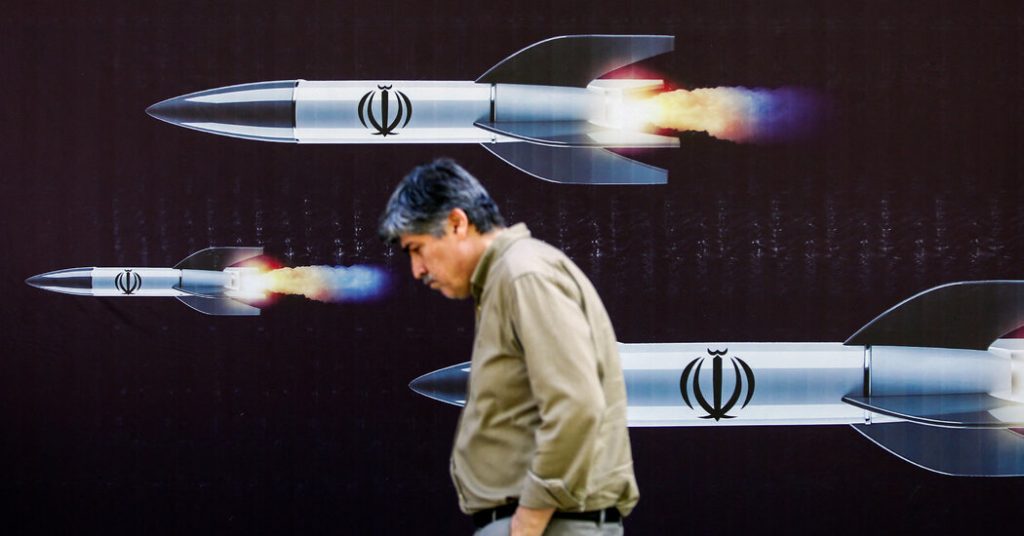The death of Iran’s President, Ebrahim Raisi, in a helicopter crash, has raised concerns about whether Iran will decide to race to build a nuclear bomb in 2024. While Iran has refrained from building nuclear weapons in the past, hardliners in the country may be more willing to consider this option now. Recent military exchanges with Israel have prompted a change in Tehran’s tone, indicating a potential shift in Iran’s nuclear posture.
Iran’s stance on nuclear technology has always been ambiguous, with both historical and strategic reasons preventing the country from fully weaponizing its nuclear capabilities. Iran has traditionally seen more benefits in adhering to international nonproliferation agreements rather than rushing to build a bomb. However, two decades of U.S. nuclear policy towards Iran have created a dangerous dynamic where Iran has gradually increased its uranium enrichment, possibly as a defensive measure or bargaining tactic.
Under Ayatollah Khamenei, Iran has maintained a commitment to staying within the nonproliferation treaty and has rejected the idea of nuclear weaponization. However, hardliners in Iran, particularly in the Islamic Revolutionary Guards Corps, have suggested that Iran may be better off following the “North Korea model” and racing for a bomb. The death of President Raisi has potentially shifted the balance of power in Iran towards more militaristic factions, raising concerns about a potential reversal of the regime’s position on nuclear weapons.
The ultimate succession battle in Iran, particularly for the role of supreme leader, is likely to involve the Islamic Revolutionary Guards Corps. The outcome of the upcoming presidential election and the succession process will play a crucial role in shaping Iran’s future nuclear policy. The possibility of Iran making a sudden and rapid move towards building a nuclear bomb could be exacerbated by ongoing conflicts in the Middle East, changes in American leadership, and domestic power struggles within Iran.
While the possibility of Iran rushing to build a nuclear bomb cannot be discounted, the potential consequences of such a decision, including increased hostility and potential military intervention, may deter Iran from taking this step. However, with uncertainties in the region and within the Iranian leadership, the possibility of a nuclear weapons program in Iran has never seemed more real than it does today. The future of Iran’s nuclear program will likely depend on the outcome of internal power struggles and Iran’s strategic calculations in the face of regional conflicts and international pressure.


